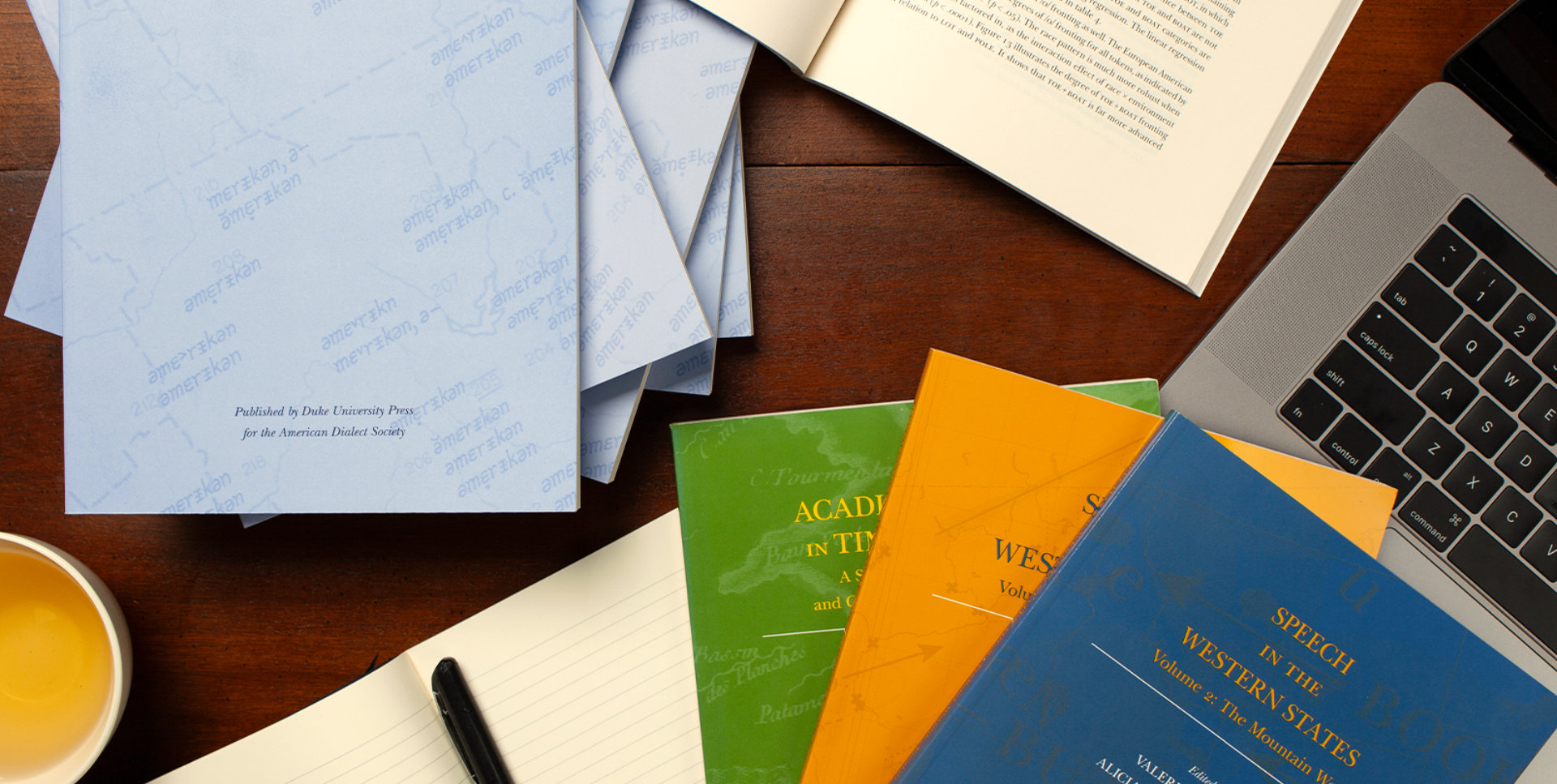It is just a single letter of the alphabet, but the hyphenated prefix e- loomed so large in American discourse in 1998 that members and friends of the American Dialect Society at their annual meeting voted it Word (or perhaps Lexical Entity) of the Year, as well as Most Useful and Most Likely to Succeed.
For top choice, e- edged out sexual relations, a term whose definition was much discussed and much in dispute last year, by a runoff vote of 31 to 28. In the initial vote for the grand prize, the two entities each garnered 16 votes. There were also 10 for is, whose meaning President Clinton memorably questioned; 4 for Viagra, the patented potent medicine; 3 for prefixed rage, as in road rage, air rage, and Web rage; and 3 for the not-so-new weather phenomenon El Niño.
e- has been around in e-mail for nearly two decades, but it has recently multiplied its lexical connections with business in terms like e- business, e-commerce, and e-tailing (retailing on the Internet). A week after the ADS vote, on Jan. 15, the mantric power of e- was exemplified in a Dilbert cartoon where two venture capitalists say, “You’ll get no more funding unless you mutter empty Internet words that make us swoon,” and e-commerce knocks them over.
The significance of sexual relations was also reinforced about a week after the ADS vote, on Jan. 16, when the editor of the Journal of the American Medical Association was fired for publishing an article whose subject was the meaning of sex as understood by college students.
Before the vote for the Word of the Year, the assembly chose winners in eight categories. Votes were by show of hand and are approximate.
1. Most Useful: e- 35 votes. Others: senior moment (11) momentary lapse of memory due to age; multislacking (5) playing at the computer when one should be working; open source (2) source code of software programs available to all.
2. Most Unnecessary: the entire Monica Lewinsky word family, 28 votes. This includes Big She as a synonym for M.L., and the verb Lewinsky, to engage in what might be sexual relations. Others: phone family (19), group of people with the same phone number in different area codes; Big She (7).
3. Most Likely to Succeed: e- 25 votes. Others: rage as in road rage, etc. (18); moment as in senior moment, Kodak moment (12).
4. Least Likely to Succeed: compfusion (26) confusion over computers. Others: explornography (22) tourism in exotic and dangerous places; Ruth- Aaron pair (4) two consecutive numbers the sum of whose prime factors is equal; jiggy (2) as in get jiggy, be active.
5. Most Outrageous: Ejaculation Proclamation (41) the President’s confession. Others: wrong-site surgery (7) surgery on the wrong side of the body; Lovegety (5) electronic transceiver of love receptiveness.
6. Most Original: multislacking (30). Others: angst bunny (20) young woman with black clothes and lots of body piercing; Preslyterianism (4) cult of Elvis Presley in the South; bililoquy (1) conversation with one’s alter ego.
7. Most Euphemistic: senior moment (22). Others: symmetry failure (16) another name for wrong-site surgery; controlled flight into terrain (6) airplane crash with a good pilot and good plane; demographic fatigue (6) problems caused by overpopulation; sexual relations (5).
8. Brand new (coined during the year, not previously attested): -agra or -gra (26) suffix denoting substance prompting men to perform unusually, as in Directra that causes men to ask for directions, from the drug name Viagra. Others: PPD (16) or politics of personal destruction; MAD (14) or millennial anxiety disorder, distress at the end of the millennium; dot (6) to strike someone with light from a laser pointer.
Categories and the list of nominees were determined earlier in the day at an open meeting of the New Words Committee, chaired by Wayne Glowka. The starting point was lists provided by Glowka, David Barnhart (editor of the Barnhart Dictionary Companion), and Gareth Branwyn (contributing editor, Wired, and author of Jargon Watch).

